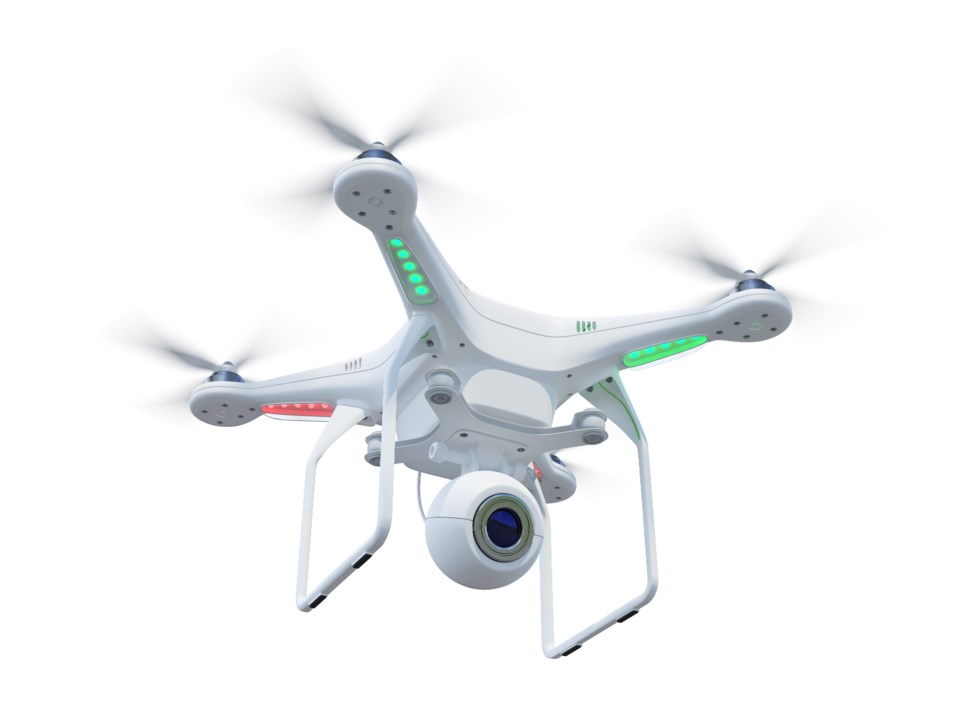NEWS RELEASE
SENATOR GARY PETERS
*************************
Bipartisan legislation authored by U.S. Senator Gary Peters (MI) to significantly enhance our nation’s ability to counter the threat posed by unmanned aircraft systems (UAS), commonly known as drones, has advanced in the Senate. The bill will renew and expand existing authorities – which are set to expire in October – that provide the Department of Homeland Security (DHS) and the Department of Justice (DOJ) with necessary tools to effectively counter UAS. The legislation comes after a hearing that Peters convened with senior federal officials on how government agencies are working to combat this evolving threat. The bill was advanced by the Senate Homeland Security and Governmental Affairs Committee where Peters serves as Chair, and now moves to the full Senate for consideration.
“It’s clear the federal government must be better prepared to address threats from unmanned aircraft systems. If used improperly, these technologies could disrupt or attack everything from critical infrastructure to high profile, crowded events,” said Senator Peters. “This bipartisan bill, which has now advanced in the Senate, will help our federal government tackle this evolving threat and ensure that recklessly or nefariously operated drones do not cause serious harm. It will also make sure that federal agencies responsible for countering threats from unmanned aircraft systems are more accountable and are respecting the rights and liberties of responsible drone users.”
The commercial market for UAS is rapidly expanding due to the increased accessibility of these new technologies. The Federal Aviation Administration (FAA) estimates that by 2024 about 2.3 million UAS will be registered to fly in U.S. airspace. The increasing numbers of registered UAS create a higher risk of both unintentional disasters and malicious activity from foreign adversaries or criminal organizations that seek to weaponize drones or engage in illegal activities, such as the trafficking of illicit drugs across U.S. borders. Recent incidents have demonstrated the threat posed by UAS. Two weeks ago, federal officials stopped all arrivals and departures at Ronald Reagan Washington National Airport after a drone that was reported in the area raised safety concerns. In September 2017, a privately operated drone in Brooklyn, New York, was intentionally flown beyond the operator’s line of sight and collided with a U.S. Army Black Hawk helicopter patrolling a temporary no-fly zone around New York City.
The Safeguarding the Homeland from the Threats Posed by Unmanned Aircraft Systems Act reauthorizes DHS and DOJ’s current authorities to counter UAS threats provided by the Preventing Emerging Threats Act of 2018. The bill also authorizes the Transportation Security Administration to proactively protect transportation infrastructure from drone threats. The legislation authorizes DHS and DOJ to use existing authorities to protect critical infrastructure. The legislation allows state and local law enforcement and critical infrastructure owners and operators to use drone detection technology that has been approved by DHS. The bill creates a pilot program that will encourage coordination between state and local and federal law enforcement to mitigate UAS threats. Finally, the legislation requires DHS to develop a database of security-related UAS incidents that occur inside the United States.
*************************



